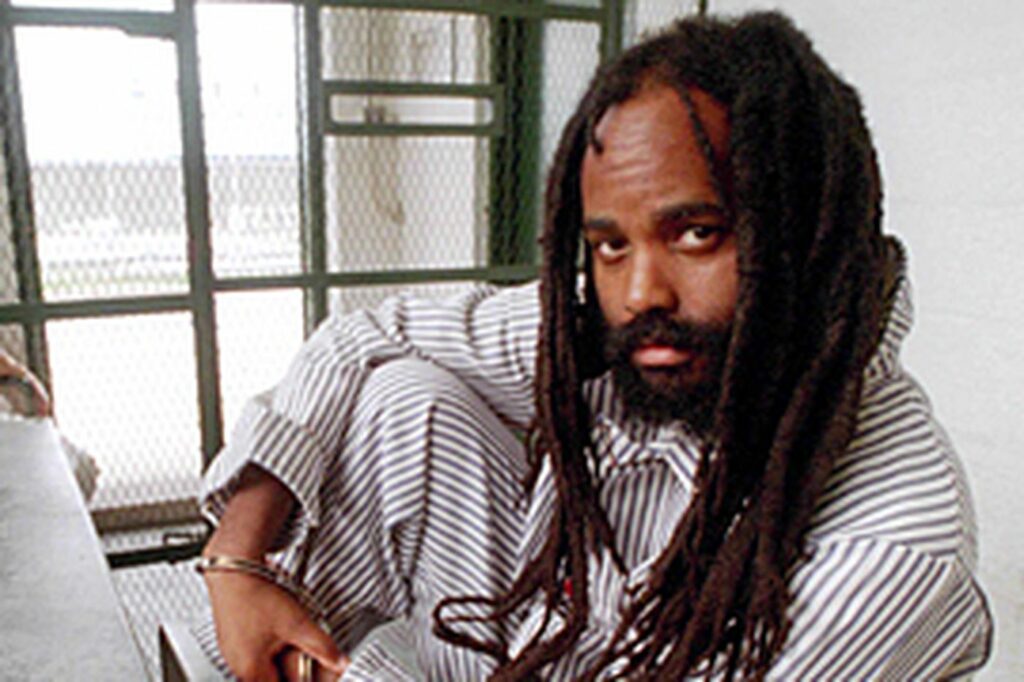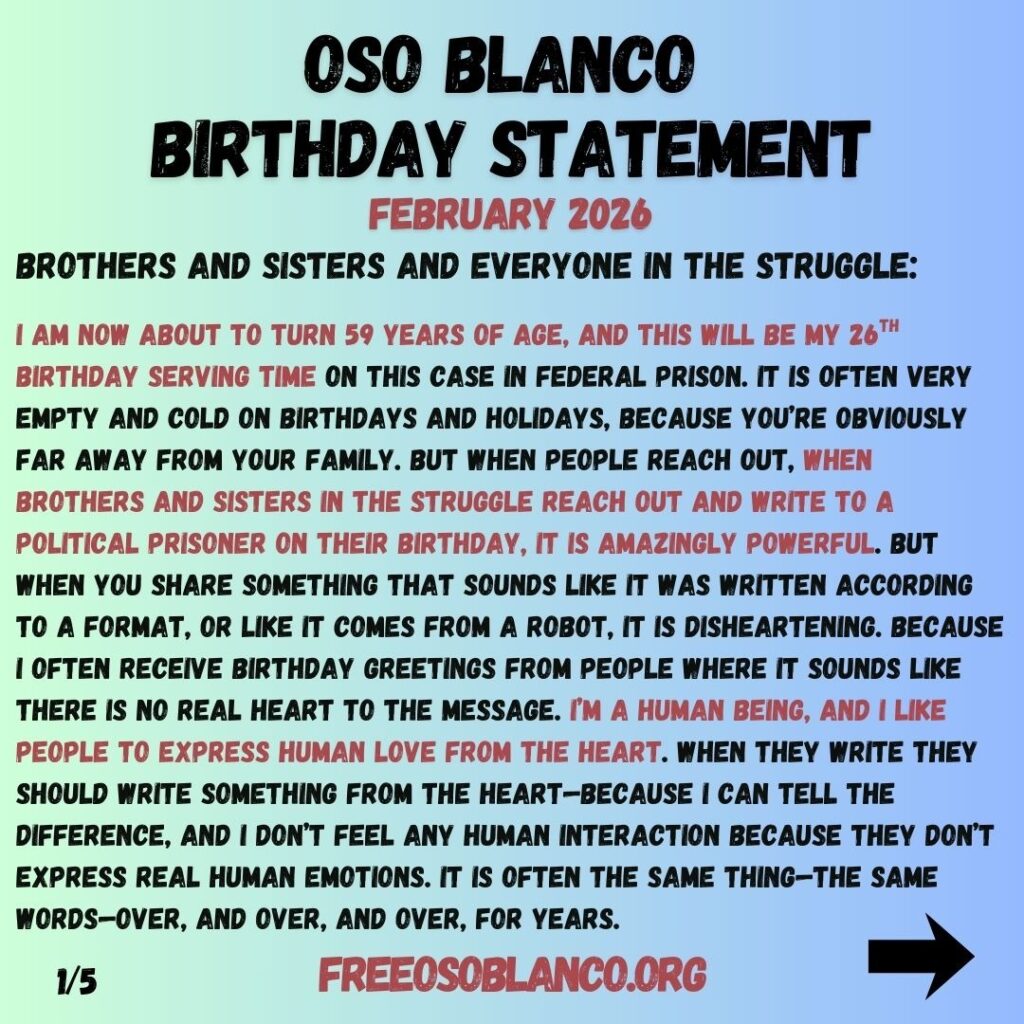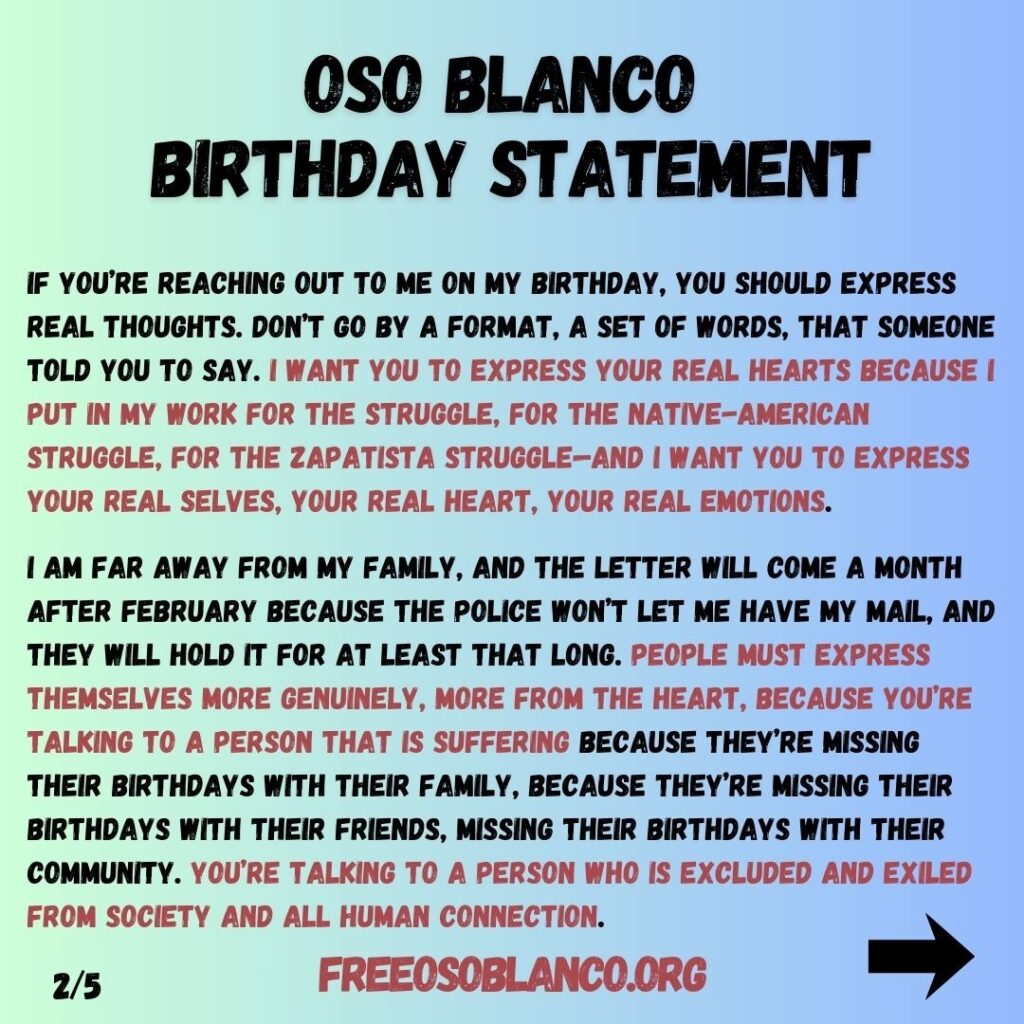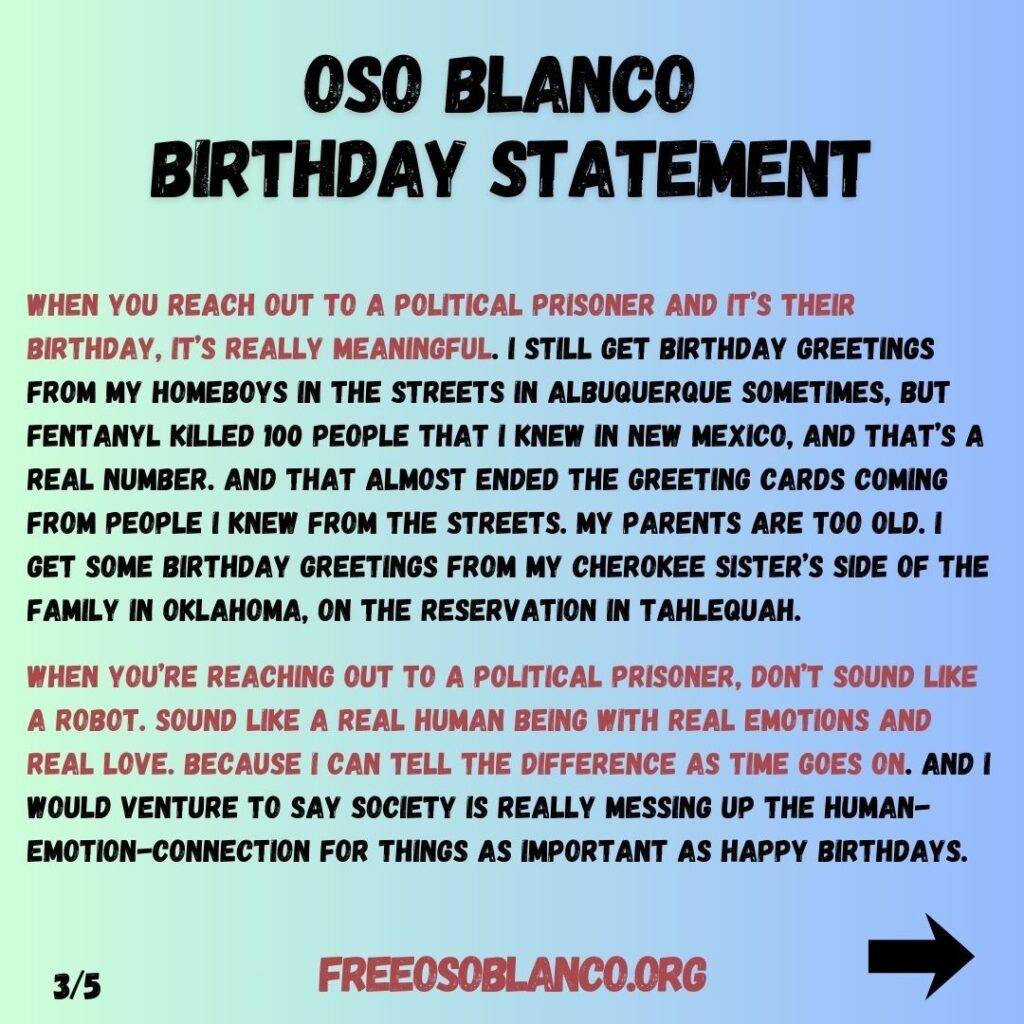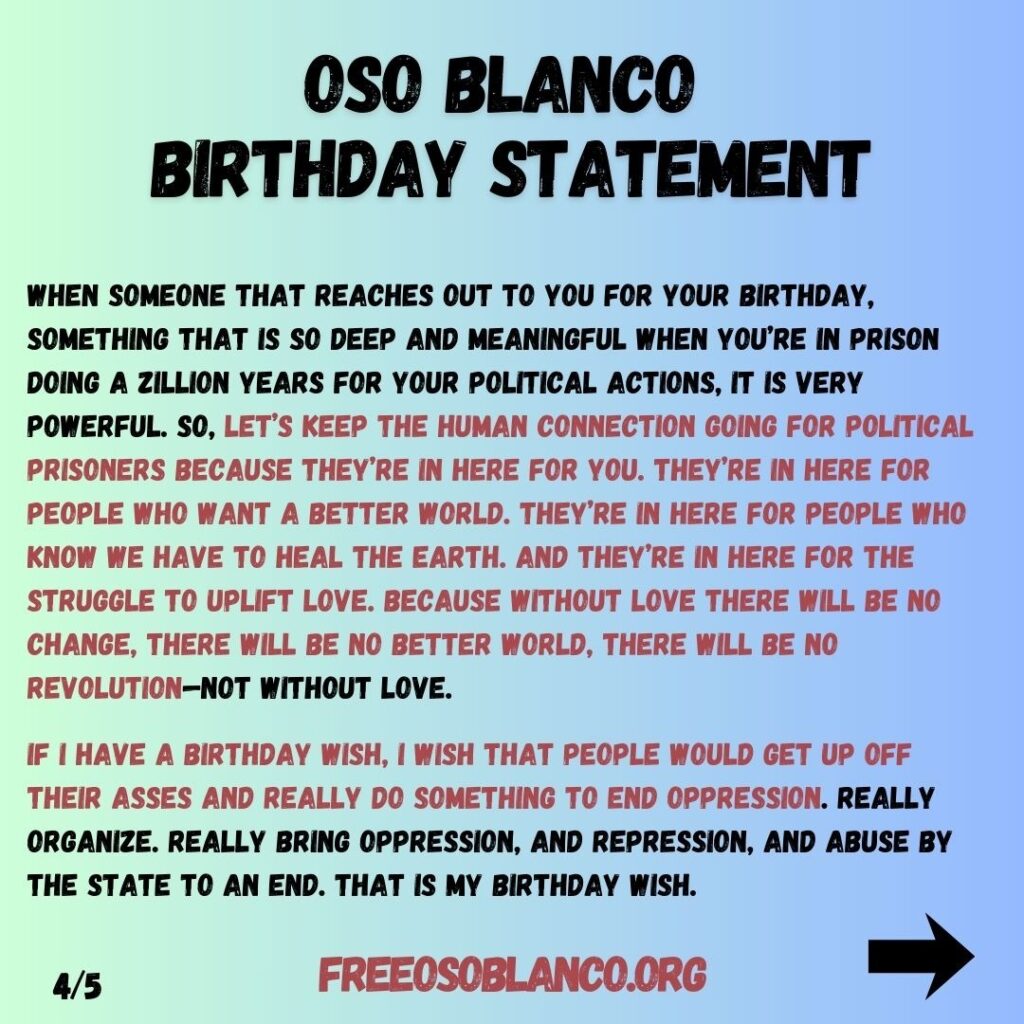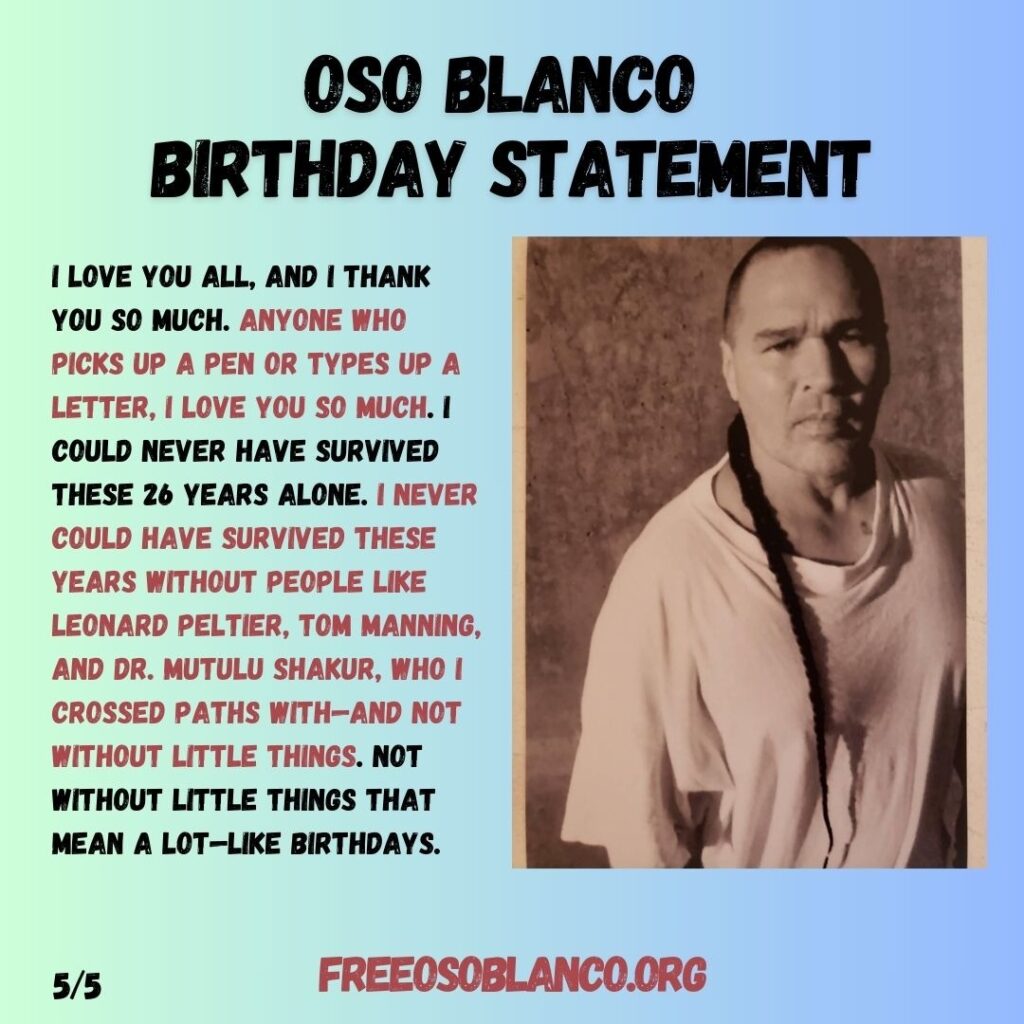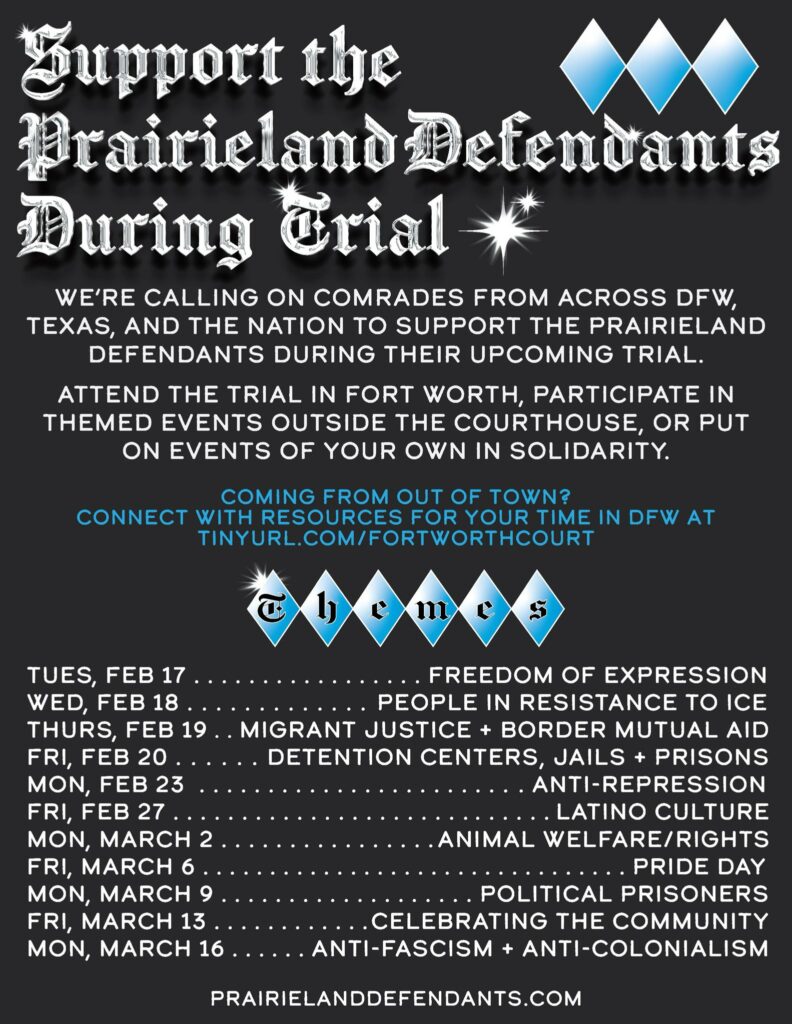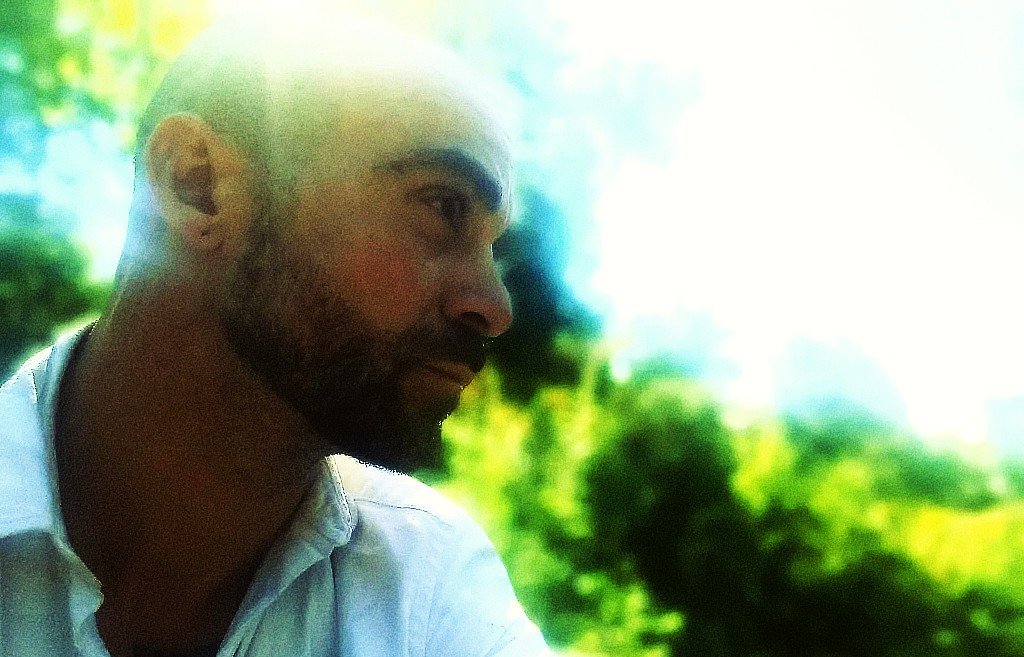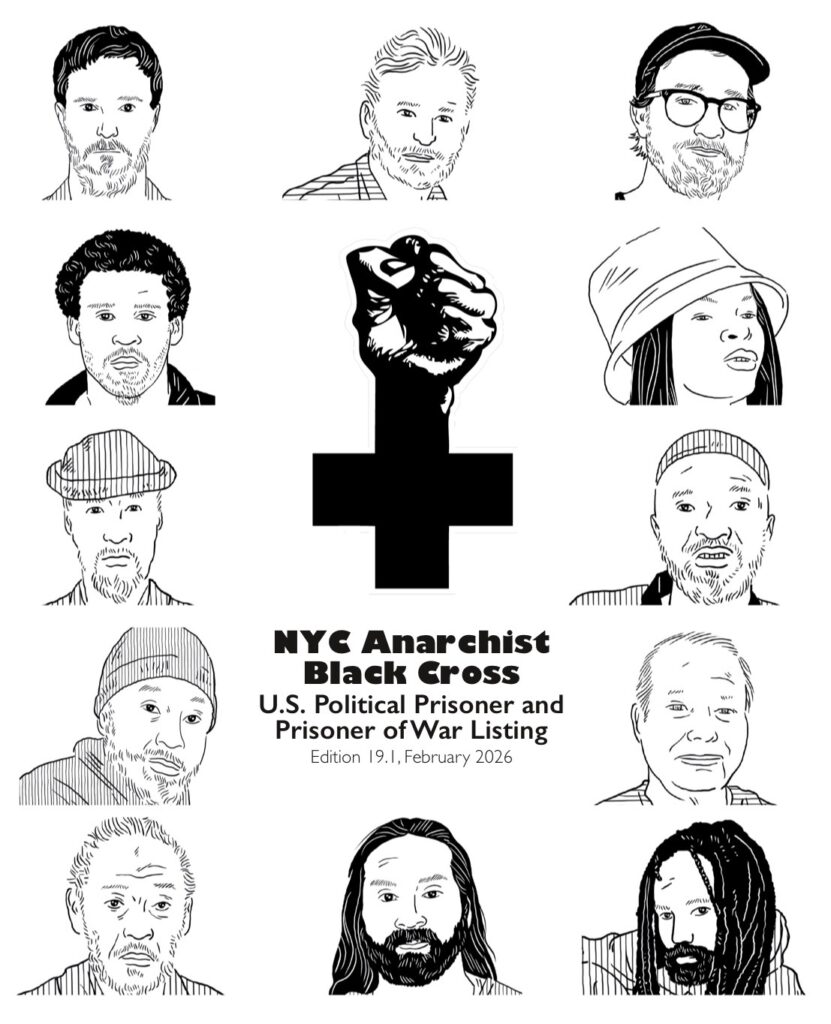by KATE BRUMBACK, Associated Press.
ATLANTA (AP) — Georgia prosecutors defending the 2002 murder conviction of a onetime Black Panther leader known as H. Rap Brown say new DNA evidence still points strongly to his guilt in the shooting of two sheriff’s deputies. However, they also accuse the case’s original lead prosecutor, now a Fulton County judge who has handled several high-profile political cases, of “grave and clear” misconduct.
The striking Wednesday filing by Fulton County District Attorney Fani Willis’ office acknowledges serious wrongdoing by the former prosecutor and an FBI agent involved in the original investigation. But it argues that modern DNA testing, combined with ballistic evidence and trial testimony, leaves little doubt that Brown — by then known as Jamil Abdullah Al-Amin — was responsible for the attack that killed one deputy and wounded another outside of Al-Amin’s Atlanta home.
The former prosecutor, Robert McBurney, is a superior court judge and has been involved in some of the most politically charged cases in the country. Prosecutors described his conduct in Al-Amin’s trial as “the most egregious” issue in the case.
Despite standing by the conviction, Willis’ office said it does “not object to a hearing to evaluate the case in its entirety,” potentially keeping alive a public reexamination of a prosecution that has long divided civil rights advocates and law enforcement.
Al-Amin died in prison in November, but his family wants a hearing to clear his name, their attorney Mawuli Davis said, adding, “His legacy is still at the center of this.”
The lead prosecutor
McBurney oversaw the special grand jury Willis used in her investigation that eventually resulted in the indictment of Trump and others over allegations that they illegally tried to overturn the president’s narrow 2020 election loss in Georgia. Notably, though, McBurney barred Willis from seeking charges against then-state Sen. Burt Jones because she had hosted a fundraiser for his Democratic opponent in the lieutenant governor’s race, which McBurney ruled created an “actual and untenable” conflict of interest.
McBurney also declared Georgia’s restrictive abortion law unconstitutional — a finding the state Supreme Court has vacated in a case that is ongoing.
‘A trifecta of issues’
“This case had a trifecta of issues which undermined the process and the public’s confidence in justice,” the filing says.
During closing arguments at trial, McBurney displayed a chart titled “Questions for the defendant” and asked questions meant to focus the jury’s attention on the fact that Al-Amin didn’t testify. Al-Amin also had court permission to remain seated during the trial for religious reasons, including not standing when the jury entered. McBurney implored the jury, “Don’t stand for him.”
Federal courts have ruled that McBurney violated Al-Amin’s constitutional rights, but that it’s unlikely his actions substantially affected the verdict.
This week’s filing says McBurney “crossed the line from aggressive advocacy into misconduct that undermined the core principles of justice,” accusing him of misrepresenting evidence and withholding critical information from the defense, among other things.
“These were not minor oversights; they reflected a troubling pattern of behavior that prioritized winning over truth, and conviction over justice,” the filing says.
McBurney did not immediately respond to an email Thursday seeking comment.
FBI Special Agent James Campbell approached Al-Amin while he was on the ground in handcuffs, kicked and spit on him, and said, “This is what we do to cop killers,” the filing says. A reprimand of Campbell “did not clear SA Campbell’s stain on the investigation,” it says.
Lawyers for Al-Amin have also maintained that Campbell planted the guns used to shoot the deputies at the site where Al-Amin was arrested.
The Associated Press was unable to find contact information for Campbell to seek comment.
Campbell had been transferred to Atlanta after shooting an unarmed Muslim man in the back of the head, the filing says. That man’s supporters accused Campbell of planting a gun found at the scene.
The judge did not allow the jury to hear about the prior shooting after the defense presented newspaper articles about it, wanting to use that shooting to demonstrate bias and motive to plant guns. If defense attorneys had presented recently interviewed witnesses rather than relying on articles, the judge likely would have allowed the jury to consider that information, the new filing argues.
New DNA evidence
Al-Amin’s lawyers argued that nothing connected Al-Amin to the guns used to shoot the deputies. Willis’ office used DNA testing that wasn’t available at the time of the trial to test the guns and related items.
The tests excluded Al-Amin from the DNA found on both guns. But Al-Amin’s DNA was identified on a leather belt wrapped around one of the guns, the filing says. That evidence is a strong indication of his guilt, especially when paired with prior ballistics evidence and testimony, the filing says.
The shooting
As a radical activist in the 1960s, Al-Amin once said violence was “as American as cherry pie” and that Black people would use violence, if needed, to fight oppression.
He converted to Islam during a prison stint and moved to Atlanta in the 1970s, becoming the leader of one of the nation’s largest Black Muslim groups, the National Ummah.
On March 16, 2000, Fulton County sheriff’s deputies Ricky Kinchen and Aldranon English went to Atlanta’s West End neighborhood, where Al-Amin lived, was an imam and owned a grocery store, to serve a warrant for failure to appear in court on charges of driving a stolen car and impersonating a police officer during a traffic stop the previous year.
English testified at trial that Al-Amin fired a high-powered assault rifle when the deputies tried to arrest him. Then, prosecutors said, he used a handgun to fire three shots into Kinchen’s groin as the wounded officer lay in the street.
He was arrested four days later in White Hall, Alabama, a small town where he had helped develop a Muslim community.
___
This story was first published on Feb. 19, 2026. It was updated on Feb. 23, 2026, to correct that the date of the murder conviction was in 2002, not 2000.









